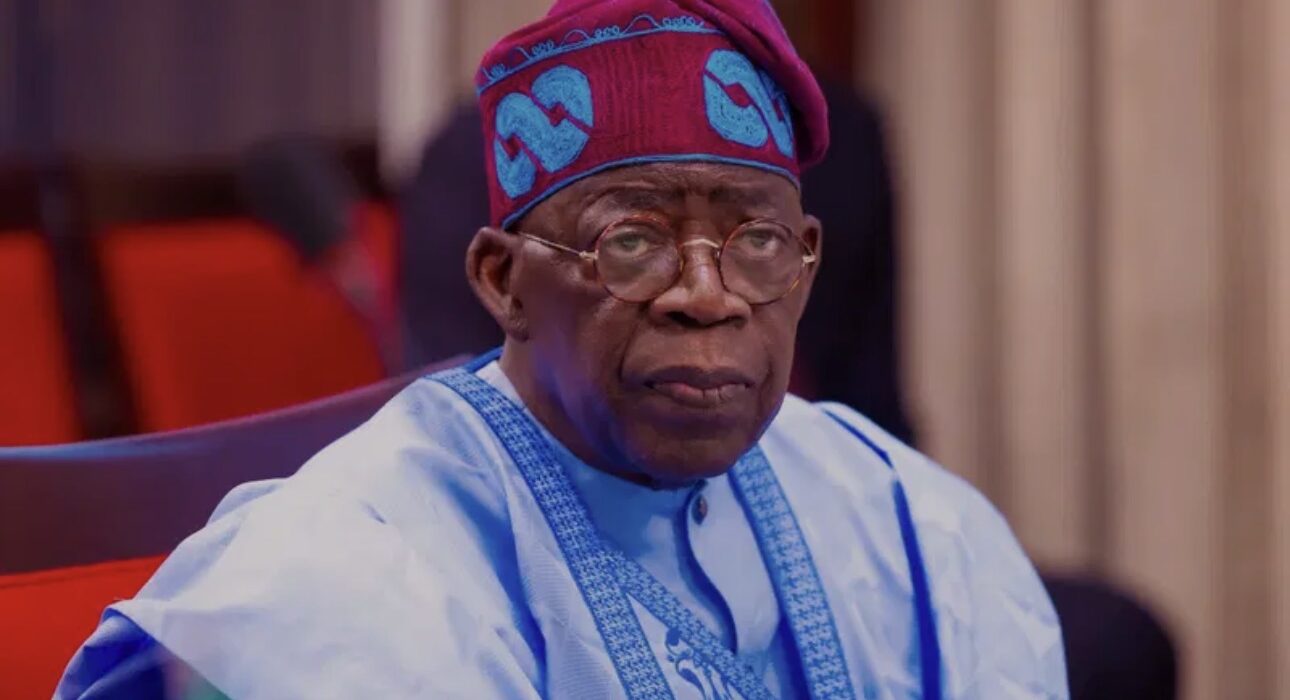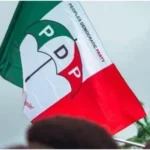More Landmines Await You After U.S. Religious Freedom Designation, Onoh Warns Tinubu

Former presidential campaign spokesman for the South East, Denge Josef Onoh, has warned President Bola Ahmed Tinubu, urging him to brace up for what he described as “more landmines ahead” following U.S. President Donald Trump’s recent comments and the reported move to classify Nigeria as a “Country of Particular Concern” (CPC) over alleged persecution of Christians.
In a statement released to journalists in Abuja, Onoh cautioned that the development could have far-reaching consequences for Nigeria’s international standing and economic stability if not addressed swiftly through diplomatic and policy action.
Onoh described the U.S. designation as “an existential threat” that could expose Nigeria to a wave of economic and diplomatic repercussions, including trade restrictions, sanctions, and reduced access to international aid.
He noted that such measures could further strain a national economy already grappling with inflation, currency depreciation, and weak investor confidence.
“This is not a symbolic action,” Onoh warned. “It has potential to affect aid, trade, and international credit flows. Nigeria cannot afford the luxury of diplomatic missteps at this critical moment.”
He added that the move by the Trump administration could create a ripple effect among Western allies and multilateral agencies, leading to what he termed “a silent economic blockade” if Nigeria is perceived as failing to protect religious freedom or address human rights concerns.
Onoh, who served as a prominent voice for Tinubu’s campaign in the South East during the 2023 elections, called on the federal government to immediately strengthen diplomatic engagement with Washington and other global partners to clarify Nigeria’s position.
He criticised what he described as “the vacuum” created by the earlier mass recall of ambassadors without a rapid replacement process, saying it has weakened Nigeria’s ability to respond effectively to foreign policy challenges.
“Diplomacy is not done by proxy,” he said. “We must have credible representatives abroad to engage in real-time dialogue and prevent Nigeria from becoming isolated or misunderstood.”
Onoh outlined series of steps he believes could help Nigeria navigate the growing international and pressure. These include convening a national summit on religious freedom, ensuring transparent prosecution of perpetrators of sectarian violence, and enhancing grassroots engagement to promote interfaith tolerance.
He also urged the Tinubu administration to adopt economic safeguards to cushion any potential fallout from foreign policy tensions, such as diversifying trade partners, improving domestic production, and accelerating efforts to attract non-Western investment.
“The storm ahead can be weathered,” he said, “but only through foresight, transparency, and unity of purpose. Nigeria must show that it protects all its citizens equally — irrespective of religion or ethnicity.”
Onoh’s warning comes amid rising unease within Nigeria’s political and diplomatic circles following Trump’s controversial remarks alleging “large-scale killings of Christians” in Nigeria — a claim the Nigerian Ministry of Foreign Affairs has already rejected as “inaccurate and unreflective of the reality on the ground.”
The federal government, in a press release on Saturday, reaffirmed its commitment to interfaith harmony, counterterrorism efforts, and human rights protection, stressing that Nigeria “remains a multi-religious nation where citizens of all faiths coexist peacefully.”
Political observers say Onoh’s statement reflects growing domestic awareness of the fragility of Nigeria’s foreign relations, particularly at a time when global partners are reassessing engagement with African nations over governance and human rights issues.
They also note that Onoh’s alert is not only about foreign diplomacy but a broader warning about internal stability — reminding Tinubu that economic hardship and insecurity could deepen if international confidence in Nigeria declines.
As the diplomatic tension unfolds, Nigeria’s next steps — in balancing domestic realities with foreign expectations — may determine whether the alleged “landmines” ahead can be defused or will further complicate the country’s global standing.









